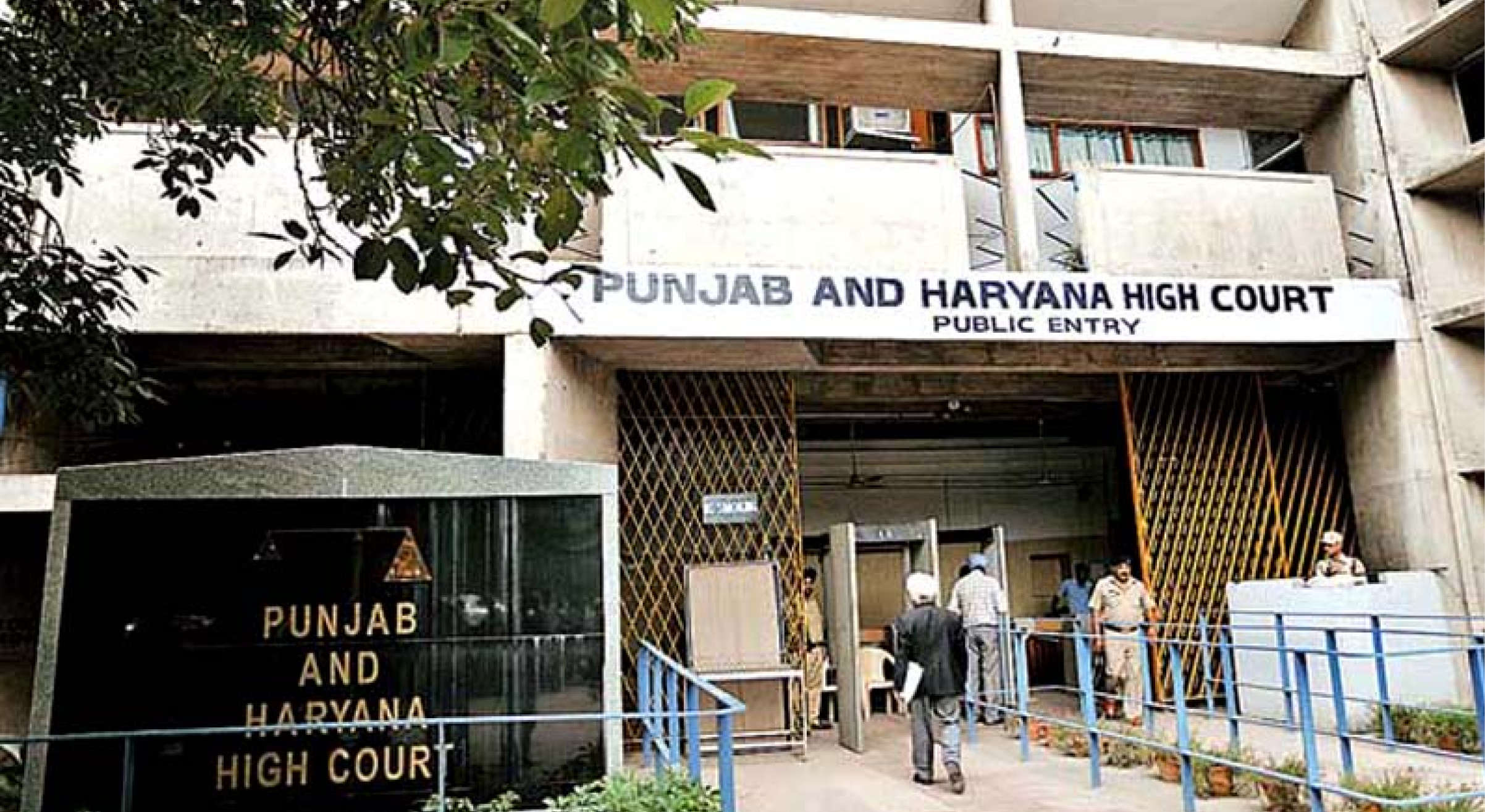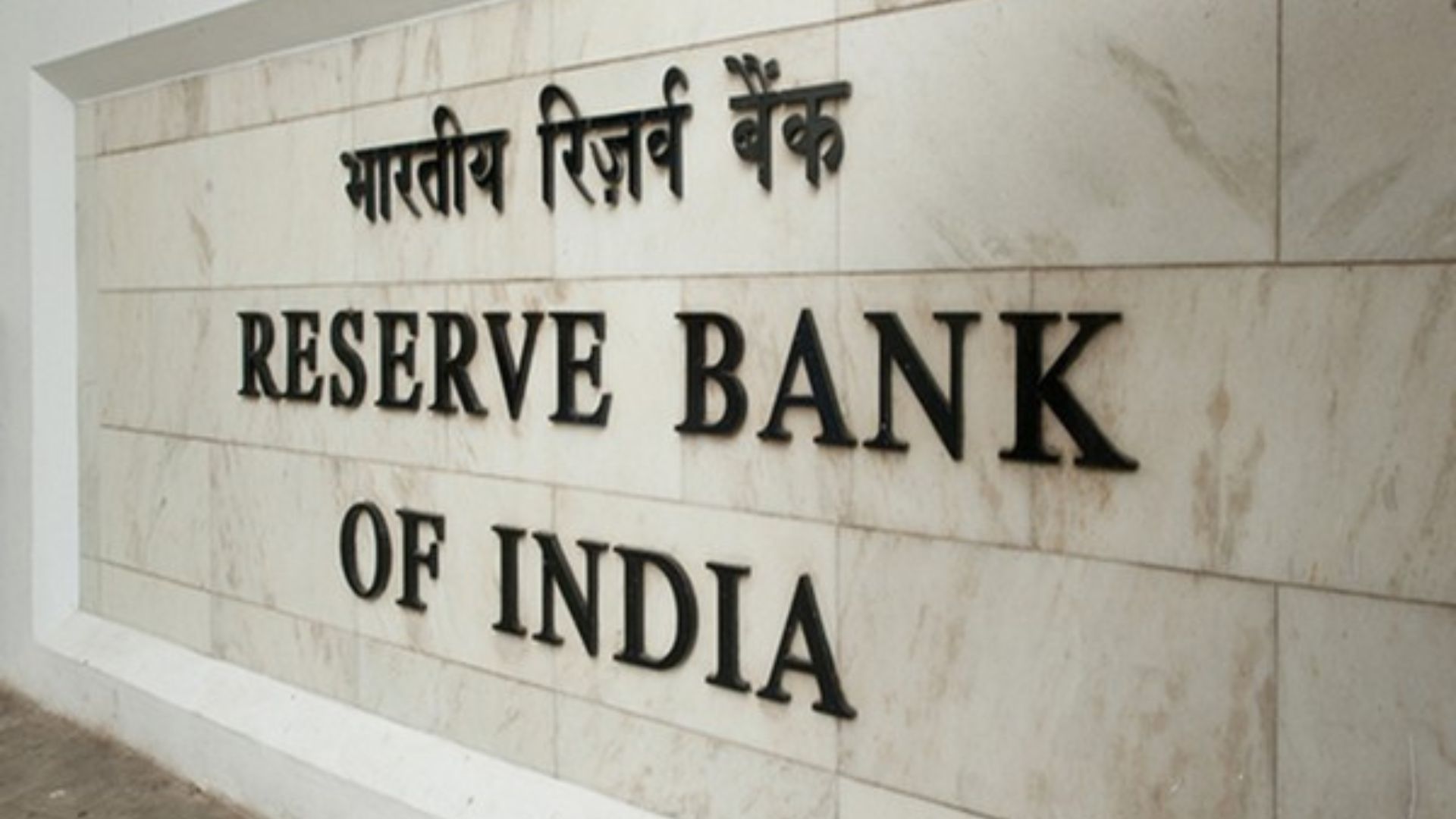INTRODUCTION
In a very significant step, we saw how it was none other than the Punjab and Haryana High Court which in a most learned, laudable, landmark, logical and latest oral judgment titled Parminder Singh @Dimpy vs State of Punjab and Another in CRM-M-46017-2019 (O&M) and cited in Neutral Citation No. : 2023:PHHC:146633 that was pronounced as recently as on November 17, 2023 has quashed a 15-year-old FIR that was registered against the petitioner for allegedly setting two vehicles on fire under Sections 436 and 120B of the IPC after the investigation was delayed for more than 15 years even though the petitioner was declared innocent. The Court held that there was no justification for subjecting a citizen to an indefinite period of investigation and the Investigating Agency cannot be allowed to perpetuate illegal inaction and inflict more misery on the petitioner in violation of his right to life and liberty under Article 21 of the Constitution of India. It must be also disclosed here that the petitioner in this leading case is Parminder Singh alias Dimpy who was booked on April 14, 2008 under Section 436 (mischief by fire or explosive substance with intent to destroy house etc.), and 120 B (criminal conspiracy) of IPC at Maqsudan Police Station in Jalandhar district of Punjab. The petitioner thus moved the High Court to quash the FIR which was accordingly quashed.
At the very outset, this brief, brilliant, bold and balanced oral judgment authored by the Single Judge Bench comprising of Hon’ble Mr Harpreet Singh Brar of Punjab and Haryana High Court sets the ball in motion by first and foremost putting forth in para 1 that, “The petitioner has approached this Court by filing the present petition under Section 482 of Cr.P.C. seeking quashing of FIR No. 78 dated 14.04.2008 (Annexure P-1) registered under Section 436, 120-B of Indian Penal Code (Sections 435/457/456/427 of IPC added later on) at Police Station Maqsudan District Jalandhar along with all subsequent proceedings arising out of the impugned FIR and further quashing of the order passed by learned Judicial Magistrate Ist Class, Jalandhar, dated 08.03.2019 (Annexure P-3) is also sought.”
FACTUAL BACKGROUND
To put things in perspective, the Bench envisages in para 2 that, “The aforementioned FIR was registered on the statement of Kashmir Singh, which is as under:
“I am truck driver by profession. I own two trucks, bearing no. HR 56-B- 5815 and HR 56C-5815. I drive one truck myself and for second truck I have kept one driver. I park my both the trucks above- mentioned daily at Gill cold storage, Kala Sanghian. Today I parked my both the trucks and went to my house. Then at about 3;00A.M on dated 14.4.2008, surinder singh son of shri Amar singh resident of village Dhariwal told me by coming to my house that your both the trucks are burning. I came alongwith surinder singh and saw that my both the truck were burning and officials of fire brigade are extinguishing the fire. I have fully faith that my both the trucks have been burnt by Parminder singh Dimpy son of pritam Singh Resident of Village Dhariwal Quadian and in connivance with his friends. The motive behind all is that on 12.4.2008, a minor dispute arose between me and Parminder Singh Dimpy and owner of Gill farm Raghbir Singh and respectable of village got compromised the matter orally. I am present on the spot alongwith Surinder Singh. The officials of fire brigade have left the place after extinguish the fire. You have come to spot. Legal action be taken against Dimpy @ Parminder Singh and his friends.””
OBSERVATIONS AND ANALYSIS
It is worth noting that the Bench notes in para 5 that, “Having heard the learned counsel for the parties and after perusing the record it transpires that undisputedly the FIR was lodged on 14.04.2008 (Annexure P-1) and the petitioner was declared innocent on 02.01.2019 (Annexure P-2). It is no longer res integra that the fundamental concept of the criminal jurisprudence is to ensure speedy trial. The Hon’ble Supreme Court has repeatedly reiterated that the right to speedy trial is enshrined in Article 21 of the Constitution of India. The speedy trial would cover in its sweep investigation, trial, appeal etc. i.e. everything starting with the accusation and expiring with the final verdict of the last Court. No citizen can be deprived of his liberty under a procedure which is not reasonable, fair or just, such deprivation would be violative of Article 21 of the Constitution of India. The Seven Judges Bench of Hon’ble Supreme Court in Maneka Gandhi Vs. Union of India and Another 1978(1) SCC 248 has articulated the protection enshrined under Article 21 of the Constitution of India and has held that Article 21 confers a fundamental right on every citizen and not to be deprived of his life or liberty except according to the procedure established by law and such procedure is not merely some semblance of procedure but such procedure must be reasonable, fair. The right to speedy trial undoubtedly flow from this concept of fairness. It was observed that any procedure which does not ensure a reasonably quick trial, it would fall foul of Article 21 and the right to speedy trial is an integral and essential part of fundamental right to life and liberty enshrined in Article 21 of the Constitution of India. Reference can also be made in this regard to the landmark judgments of the Hon’ble Supreme Court in P. Ramachandra Rao Vs. State of Karnataka 2002(4) SCC 578, Hussainara Khatoon Vs. Home Secretary, State of Bihar 1980 (1) SCC 81, Abdul Rehman Antulay Vs. R.S. Nayak 1992 (2) RCR (Criminal) 419, Common Cause A Registered Society Vs. Union of India 1996 (6) SCC 775. Relevant paragraph from P. Ramachandra Rao (supra) is reproduced in this regard:-
“No person shall be deprived of his life or his personal liberty except according to procedure established by law declares Article 21 of the Constitution. Life and liberty, the words employed in shaping Article 21, by the Founding Fathers of the Constitution, are not to be read narrowly in the sense drearily dictated by dictionaries; they are organic terms to be construed meaningfully. Embarking upon the interpretation thereof, feeling the heart-throb of the Preamble, deriving strength from the Directive Principles of State Policy and alive to their constitutional obligation, the Courts have allowed Article 21 to stretch its arms as wide as it legitimately can. The mental agony, expense and strain which a person proceeded against in criminal law has to undergo and which, coupled with delay, may result in impairing the capability or ability of the accused to defend himself have persuaded the constitutional courts of the country in holding the right to speedy trial a manifestation of fair, just and reasonable procedure enshrined in Article 21. Speedy trial, again, would encompass within its sweep all its stages including investigation, inquiry, trial, appeal, revision and re-trial in short everything commencing with an accusation and expiring with the final verdict the two being respectively the terminus a quo and terminus ad quem- of the journey which an accused must necessarily undertake once faced with an implication.” Be it noted, the Bench notes in para 6 that, “Hon’ble Supreme Court Abdul Rehman Antuley (supra) has observed that the determination of the guilt or innocence of the accused must be arrived at with reasonable dispatch. Relevant paragraph from the aforesaid judgment is reproduced hereinbelow:-
“Now, can it be said that a law which does not provide for a reasonably prompt investigation, trial and conclusion of a criminal case is fair, just and reasonable? It is both in the interest of the accused as well as the society that a criminal case is concluded soon. If the accused is guilty, he ought to be declare so. Societal interest lies in punishing the guilty and exoneration of the innocent but this determination (of guilt or innocence) must be arrived at with reasonable dispatch-reasonable in all the circumstances of the case. Since it is the accused who is charged with the offence and is also the person whose life and/or liberty is at peril, it is but fair to say that he has a right to be tried speedily. Correspondingly, it is the obligation of the State to respect and ensure this right. It needs no emphasis to say, the very fact of being accused of a crime is cause for concern. It affects the reputation and the standing of the person among his colleagues and in the society. It is a cause for worry and expense
82. The provisions of the Code of Criminal Procedure are consistent with and indeed illustrate this principle. They provide for an early investigation and for a speedy and fair trial. The learned Attorney General is right in saying that if only the provisions of the Code are followed in their letter and spirit, there would be little room for any grievance. The fact however, remains- unpleasant as it is-that in many cases, these provisions are honoured more in breach. Be that as it may, it is sufficient to say that the Constitutional guarantee of speedy trial emanating from Article 21 is properly reflected in the provisions of the Code.””
Please read concluding on link4din.com/guardians-numeric-wisdom













